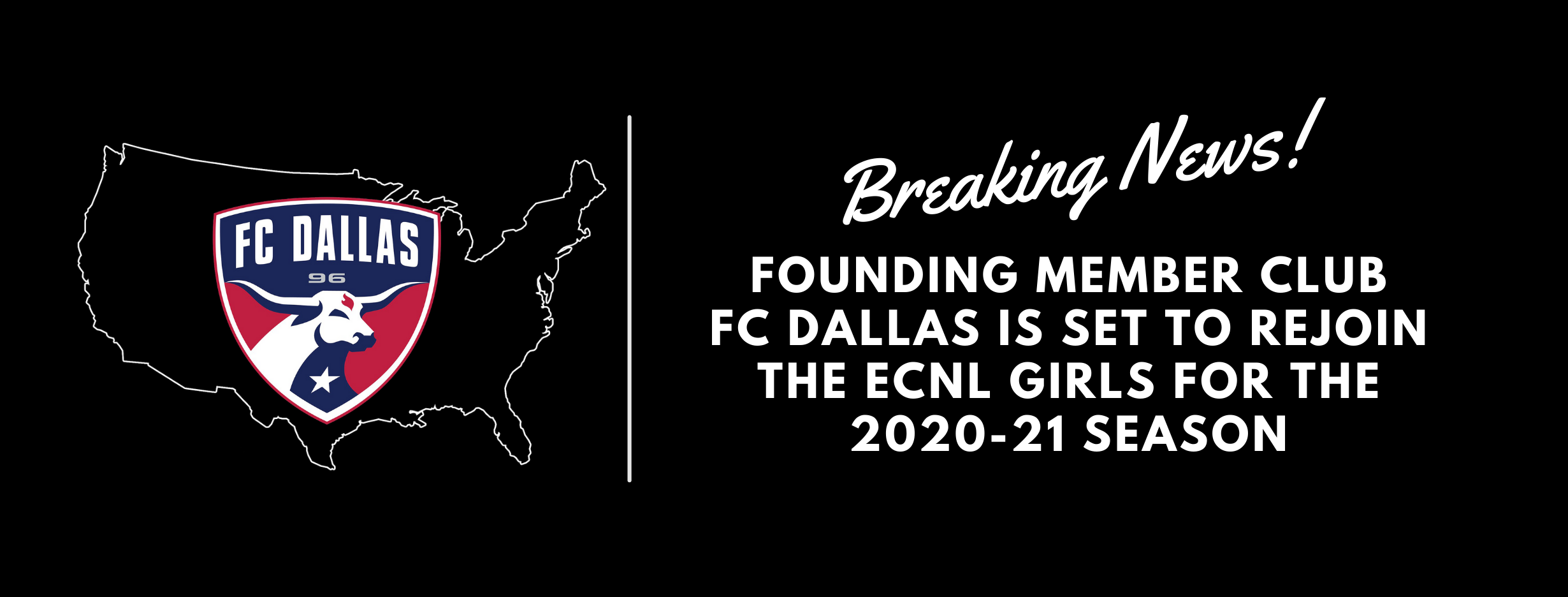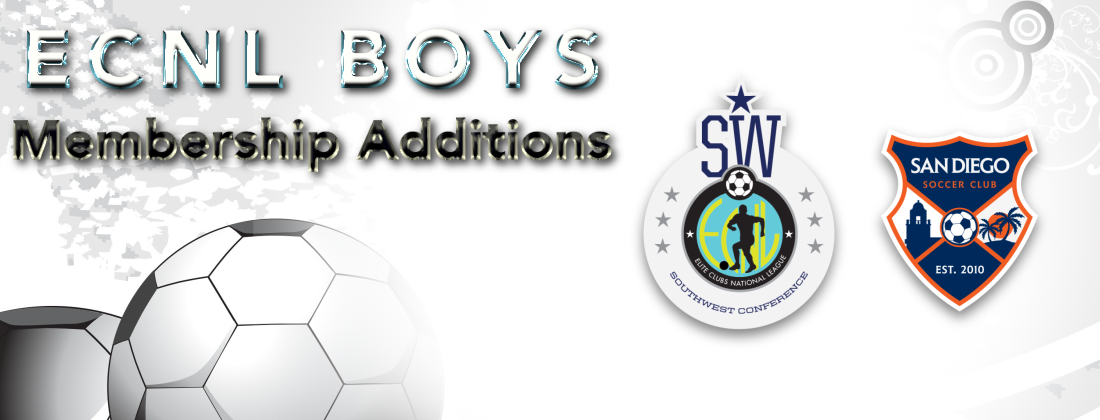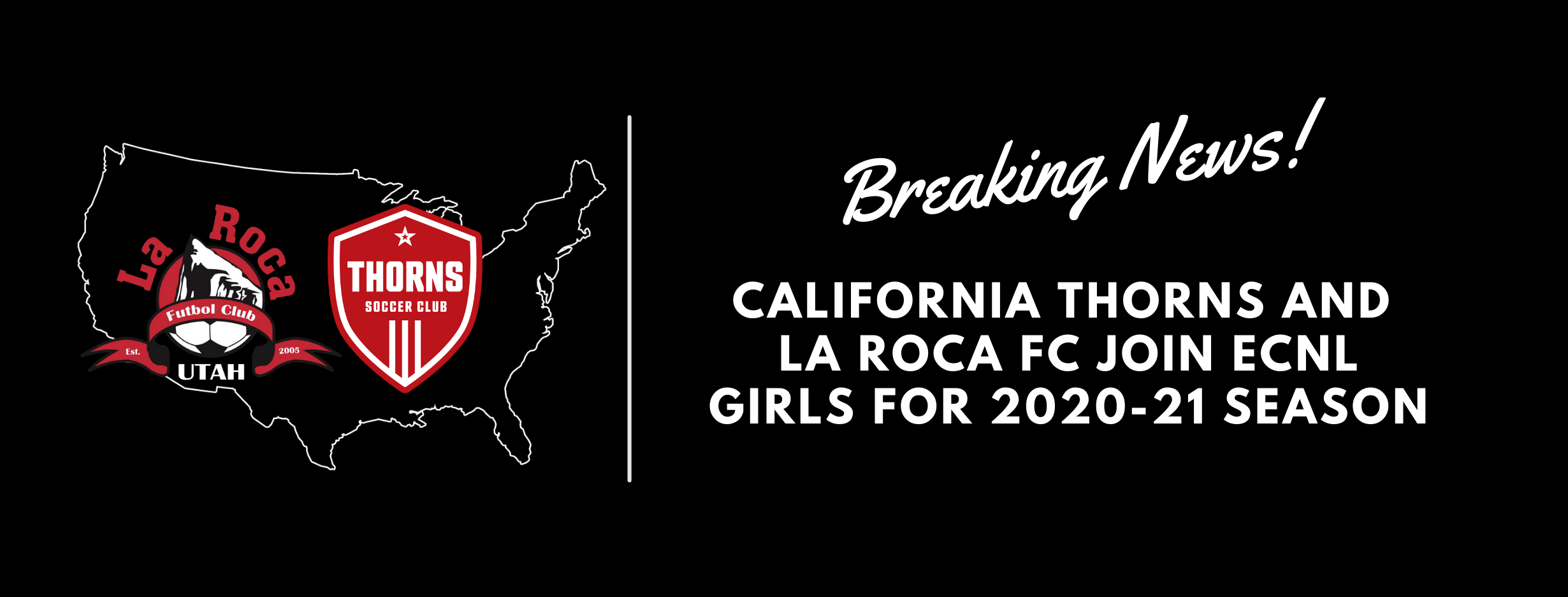That’s a lot of fire power in ECNL. I think two on that list are wrong:
26. Sporting Blue Valley - TBD
49. Sporting St. Louis- Neither league
What’s the deal with Top Hat? Must be a pretty interesting back story. FCD is the 5th ECNL club in Dallas, so it can’t be over saturation of Atlanta.
You're right. I didn't create but list, but I took a 2nd look and did find it contained some mistakes. I think this below is right:
1. Tophat - GAL
2. Solar - ECNL
3. PDA - ECNL
4. So Cal Blues - ECNL
5. FC Dallas – ECNL
6 San Diego Surf - ECNL
7. Real Colorado - ECNL
8. Legends FC - ECNL-RL
9. Beach FC - ECNL-RL
10. San Jose Earthquakes - (Neither)
11. Concorde Fire - ECNL
12. Michigan Hawks - ECNL
13. MVLA - ECNL
14. LAFC Slammers - ECNL
15. NC Courage - ECNL
16. FC Virginia - GAL
17. San Juan SC - ECNL
18. SLSG (MO) - ECNL
19. Mustang SC - ECNL
20. Eclipse SC - ECNL
21. Sting SC - ECNL
22. Real So Cal - ECNL
23. Ohio Premier - ECNL
24. Crossfire Premier - ECNL
25. NEFC - GAL
26. Sporting Blue Valley - TBD
27. D'Feeters - ECNL
28. Cincinnati DA - GAL
29. Lonestar - TBD
30. Minnesota Thunder - ECNL
31. Slammers FC - ECNL
32. South Shore Select - GAL
33. World Class FC - ECNL
34. FC Stars - ECNL
35. LA Galaxy - (Neither)
36. Tennessee SC - ECNL
37. Nationals - GAL
38. Internationals - ECNL
39. Charlotte SA - ECNL
40. Heat FC - ECNL
41. McLean YS - ECNL
42. Maryland United FC - ECNL
43. Albion Hurricanes - ECNL
44. Western NY Flash - ECNL
45. Crossfire United – ECNL
46. Albion-GAL
47. GSA-ECNL
48. SUSA-ECNL
49. Sporting St. Louis - (Neither)
50. LA Galaxy SD - (Neither)
51. Reign- TBD
52. Ohio Elite-ECNL
53. Carolina Elite-ECNL
54. Sunrise Prime- ECNL
55. Colorado Rapids-ECNL
56. Tampa Bay United- ECNL
57. East Meadow-ECNL
58. SC Wave- GAL
59. Cleveland FC- GAL
60. Match Fit- ECNL
61. Scorpions- ECNL
62. Challenge- ECNL
63. Phoenix Rising-ECNL
64. CFC-ECNL
65. Lou Fusz Athletic-(Neither)
66. Texans- ECNL
67. SD Soccer Club- (Neither)
68. Louden-ECNL
69. Beadling-GAL
70. Washington Premier-ECNL
71. NC Fusion-ECNL
72. KC Athletics-ECNL
73. Strikers-ECNL
74. Houston Dash- TBD
75. Alabama FC- ECNL
ECNL or ECRL - 55
GAL - 10
To Be Determined - 4
Neither league - 6

 www.eliteclubsnationalleague.com
www.eliteclubsnationalleague.com




